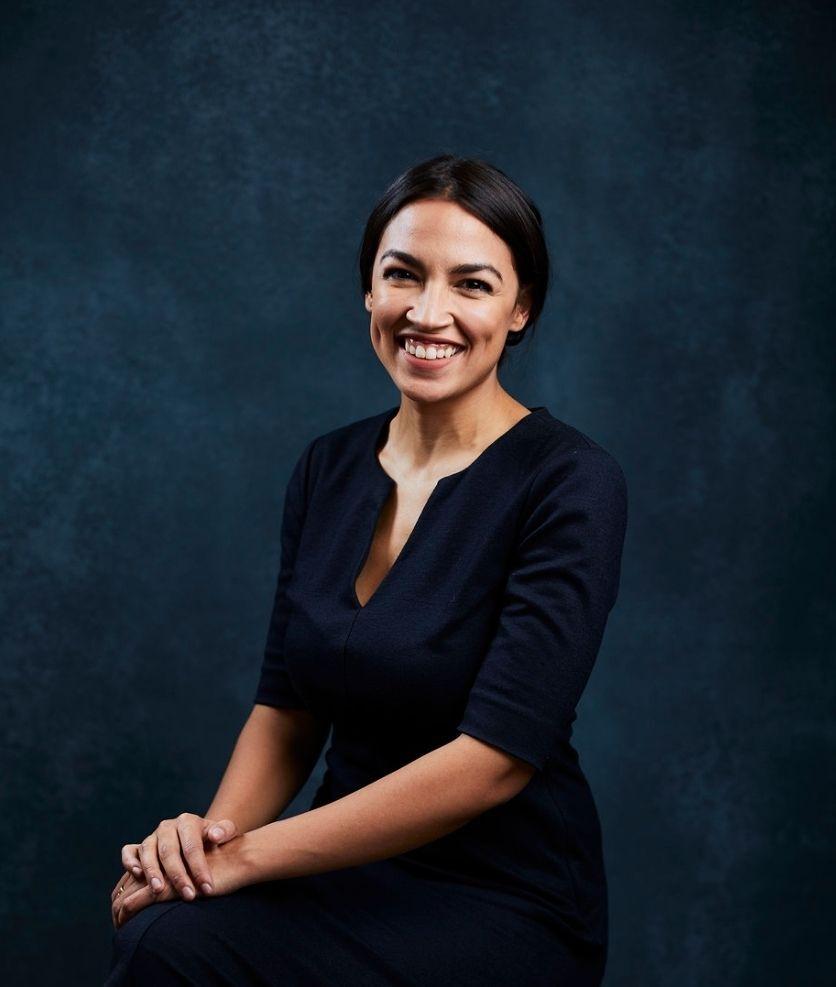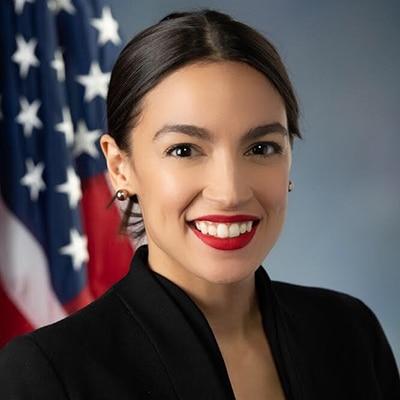In the kaleidoscopic landscape of American politics, Alexandria Ocasio-Cortez stands at a crossroads, her once-meteoric trajectory now shadowed by shifting tectonic plates of public sentiment and party dynamics. The young congresswoman from New York, who burst onto the national stage with revolutionary fervor, now confronts a political horizon marked by uncertainty and recalibration. Her journey—once defined by unprecedented grassroots energy and progressive boldness—now demands strategic reimagining in an increasingly complex political ecosystem. In the rapidly shifting landscape of Democratic politics, Alexandria Ocasio-Cortez finds herself navigating a complex and unpredictable trajectory. Once heralded as the progressive movement’s rising star, she now confronts significant challenges that could reshape her political standing.
The congresswoman’s early meteoric rise, characterized by her stunning primary upset in 2018, seems increasingly distant as internal party dynamics evolve. Her progressive stance, once celebrated, now generates mixed reactions within the Democratic establishment, creating potential roadblocks for her future aspirations.
Recent polling suggests declining support in her traditional base, with moderate Democrats and centrist voters expressing growing reservations about her uncompromising policy positions. The ideological divide within her party has widened, fragmenting the coalition that initially propelled her to national prominence.
Her vocal advocacy for transformative policies like the Green New Deal and Medicare for All has simultaneously energized young progressives while alienating more conservative Democratic factions. This delicate balancing act has become increasingly precarious, with party leadership showing signs of fatigue with her confrontational approach.
Electoral mathematics present another critical consideration. Her New York congressional district, while historically supportive, is not immune to demographic shifts and changing political sentiments. Potential redistricting could further complicate her political calculus, requiring strategic recalibration.
Financial challenges also loom. Fundraising momentum has slowed compared to her initial grassroots surge, and competing progressive candidates are emerging nationwide, diluting her once-unique political brand.
The national media landscape, which initially amplified her message, now appears more skeptical. Her media narrative has transformed from breathless coverage of a political disruptor to more nuanced, sometimes critical assessments of her legislative effectiveness.
Personal branding remains her strongest asset. Her social media prowess and ability to connect with younger voters continue to distinguish her from traditional political archetypes. However, this strength might not be sufficient to overcome structural challenges within the Democratic Party’s ecosystem.
International and national political dynamics further compound her uncertainty. Shifting geopolitical tensions, economic uncertainties, and evolving voter priorities create a fluid environment where her current political positioning could rapidly become obsolete.
The next electoral cycles will be pivotal in determining whether Ocasio-Cortez can maintain her political relevance or become another footnote in the complex narrative of progressive Democratic politics. Her ability to adapt, build broader coalitions, and articulate a compelling vision will be crucial in navigating this uncertain terrain.







